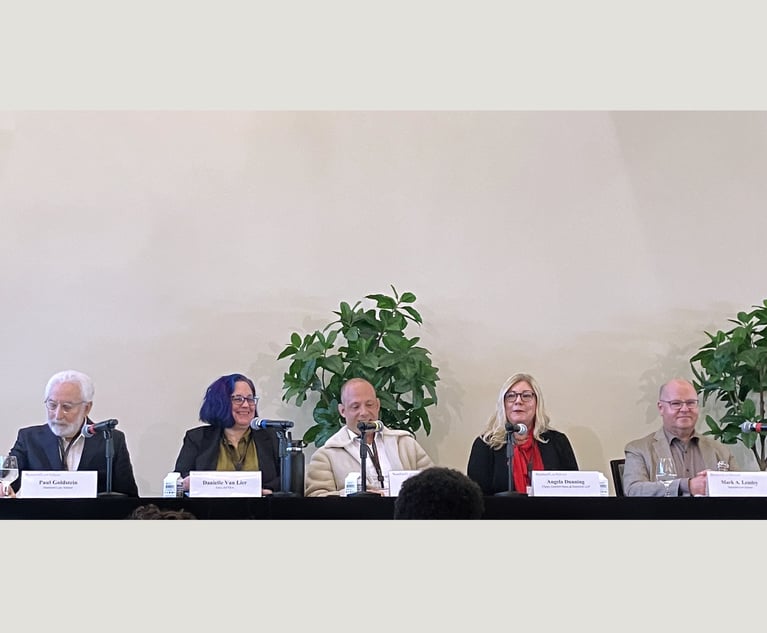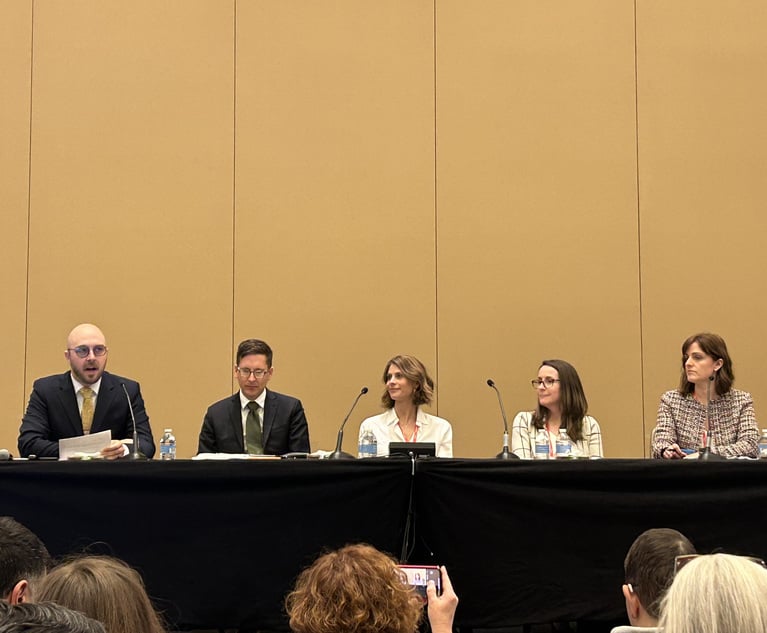In life there’s always a catch-22, only in the case the General Data Protection Regulation (GDPR) it’s more like an Article 23. The Right of Access established in the European Union’s landmark privacy regulation allows consumers to request a copy of all the data that an organization has collected them.
But in doing so, the GDPR may have inadvertently made that same data more vulnerable to bad actors or identity thieves who surreptitiously take control of an EU citizen’s account, and make the request on their behalf. What’s more, the GDPR doesn’t make it easy for businesses to verify a consumer’s true identity.










